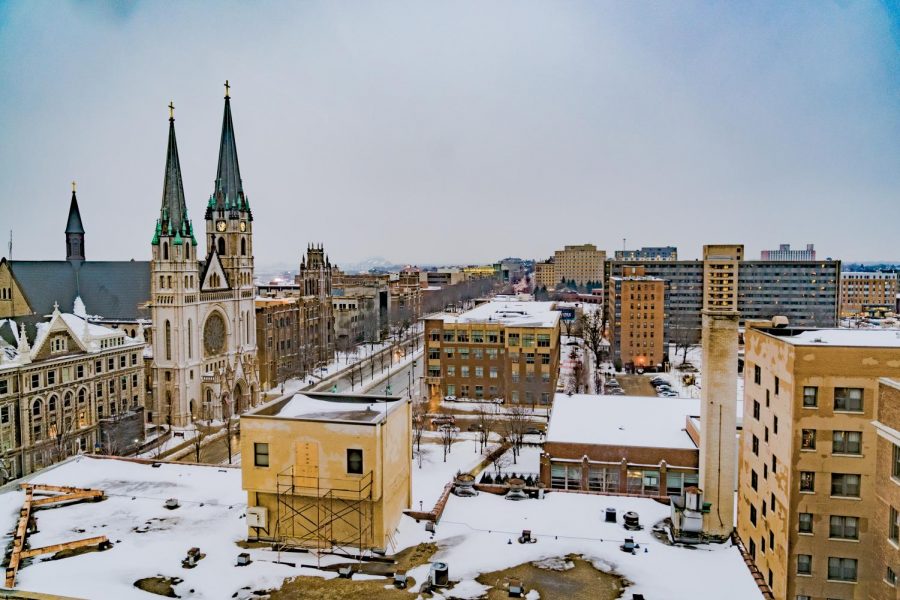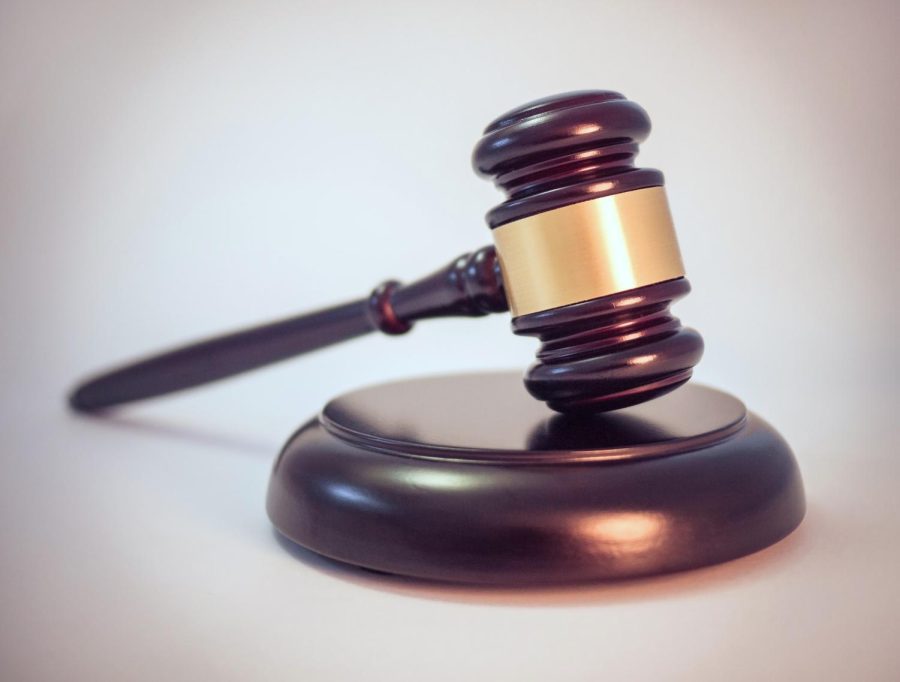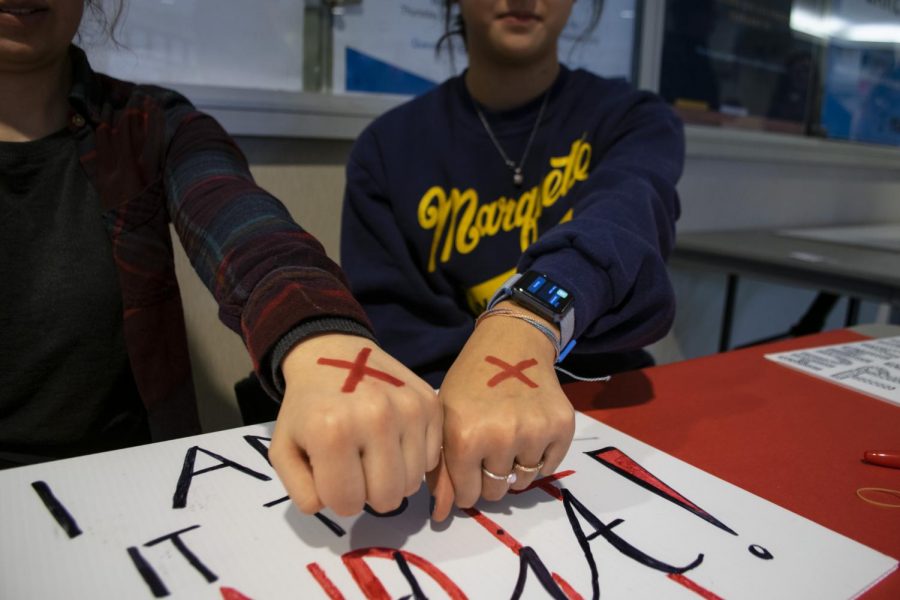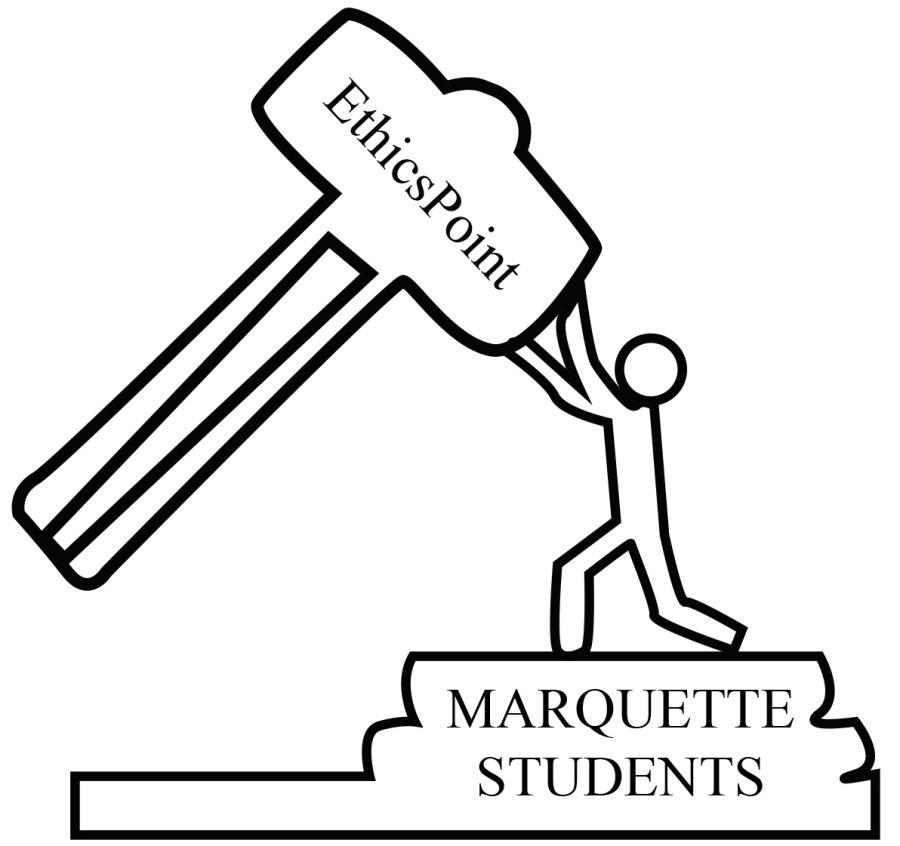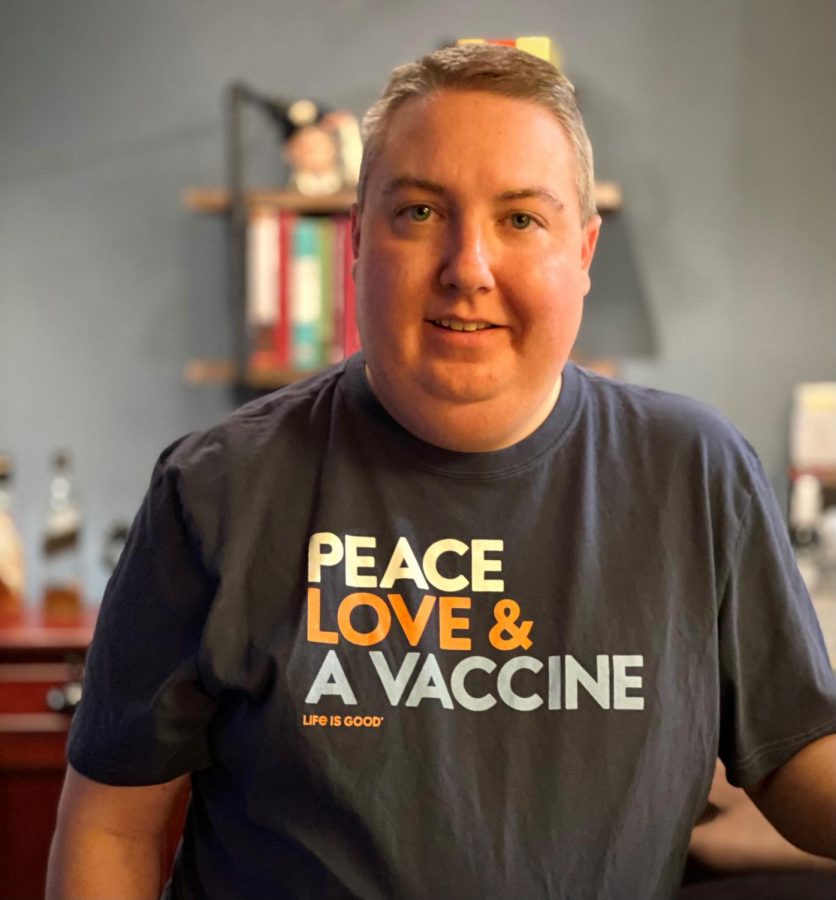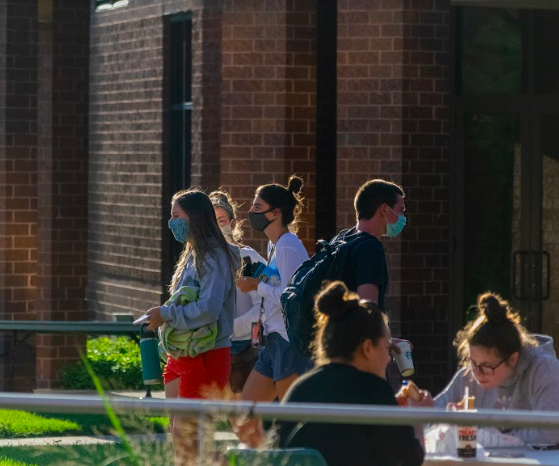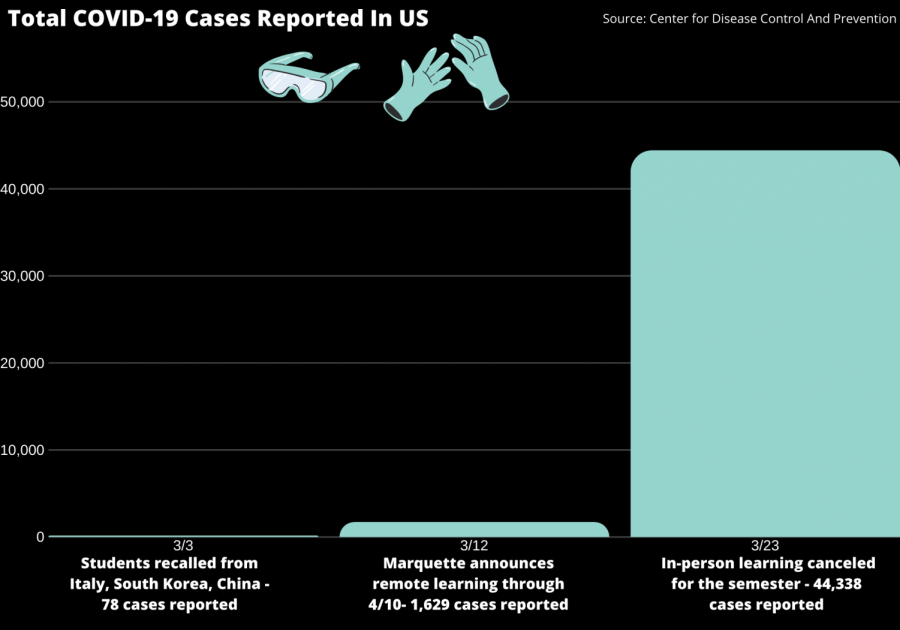Nearly four decades after a former student’s death by suicide, Marquette has not publicly acknowledged its direct role in perpetuating the abuse Walter Spence endured at the hands of his Jesuit academic adviser.
More than 100 pages of documents related to Walter’s death — including correspondence between former university officials, memoranda, letters and old articles — sat on the shelves of the University Archives, waiting for Walter’s story to be told. These documents revealed that Walter’s former adviser, the Rev. Francis Landwermeyer, S.J., would twist Walter’s arm behind his back until he screamed.
Publicly available court transcripts showed that Landwermeyer admitted to the physical discipline under oath. He made Walter call him “sir,” “boss” or “main man” during advising sessions. With university legal counsel in the room and representatives from the district attorney’s office absent, the priest walked free without charges.
Jeffery, Walter’s brother, shared Walter’s comments about being scolded by Landwermeyer. He watched his brother become depressed. He recalled his father, Melvin Spence, taking matters into his own hands after being dissatisfied with the university’s response to Walter’s death.
To this day, the university’s recognition of the events falls short of true accountability. Abuse does not occur without institutional backing.
Landwermeyer was listed in December 2018 by the Society of Jesus as having more than one credible sexual abuse allegation against him. At the time, the Marquette Wire reached out to the university for comment. University spokesperson Chris Stolarski said the university did not have adequate information about Landwermeyer’s allegations at that time and directed questions to the Society of Jesus.
The university then expanded its comment when confronted with information from the Marquette Wire in March regarding Landwermeyer’s admitted physical discipline of Walter.
Stolarski said Landwermeyer’s use of physical discipline would not be tolerated by the university today. He said the university has “strict policies” to report and adjudicate alleged instances of mistreatment or harassment. He expressed sorrow “if anyone at Marquette was harmed by Landwermeyer.”
But this response is not enough. It does not address Marquette’s complicity and strategic cover-up of the events that took place surrounding Walter’s death in April 1978.
The university needs to go beyond expressing sadness at what occurred. It needs to release a statement addressing its role in systematically sustaining an environment that allowed Landwermeyer to administer physical discipline.
The former university administration attempted to avoid Walter’s father, provided limited access to the press and presented barriers to private investigator Robert Penny’s efforts.
The current university administration had this information available at its fingertips. It had the opportunity to discern what happened while Landwermeyer was assigned to Marquette, and subsequently be transparent about the university’s role in the matter.
While the university did not recognize its own institutional implication in Walter’s death in recent months and years, the chance to take responsibility still exists. The university has a moral obligation to publicly acknowledge how its involvement in this case perpetuated abuse.
When trying to figure out what led to his son’s death, Melvin repeatedly referenced his own religious values. He told then-University President John P. Raynor that he wanted to do things in a “Christian way.”
As a Jesuit institution, the current Marquette administration has the chance to move toward a more answerable future.
When the Society of Jesus released the December 2018 list, a statement by Provincial Ronald A. Mercier, S.J. was attached. It said the list showed the Jesuits’ commitment to “openness” and “renewed trust.” It said the allegations required “repentance” from the Society of Jesus.
If this is the case, the Society of Jesus must be more inclusive of the abuse it acknowledges as credible.
When the Marquette Wire reached out to Midwest Jesuit Province spokesperson Therese Meyerhoff, she said Landwermeyer’s allegations recognized by the province did not stem from his time at Marquette. Since the abuse Landwermeyer admitted to was physical discipline of an adult college student, the case did not warrant recognition by the province.
Meyerhoff said the Society of Jesus does not condone any physical abuse of minors or adults. But when asked if there are any investigations by the Society of Jesus into non-sexual physical abuse by Jesuits, Meyerhoff said in an email she is “not aware of any such review.”
The Jesuits have taken steps in the right direction by holding members accountable for credible accusations of clergy abuse. The Society of Jesus has come forward with statements condemning its enabling of the issue in certain instances.
But the Society of Jesus and Marquette have a duty to confront their remaining shortcomings as Jesuit institutions.
The Society of Jesus does not publicize personnel files of Jesuits until 50 years after the individual’s death. Ann Knake, an associate archivist for the Society of Jesus, said this is to protect the privacy of the individual who died, as well as others who may be mentioned in the file.
Knake said the files could contain correspondence with other Jesuits or laypeople who remain alive.
But this policy prevents the Society of Jesus from engaging in thorough transparency when it comes to abuse. It weakens the trustworthiness of the institution.
The Society of Jesus should revise the policy in an effort to move forward in a principled way. All Jesuits, living or not, should be held accountable for their potential roles in perpetuating abuse.
The reality of abuse should not end with those who endured it. The institutions that allowed the abuse to happen must address the issue head-on, without ignoring their own direct involvement.
Marquette can lead the Jesuit community by example. It can give Walter the respect he deserves. It can condemn Landwermeyer’s abuse and the former university officials who let it happen.
Or it can remain silent.

